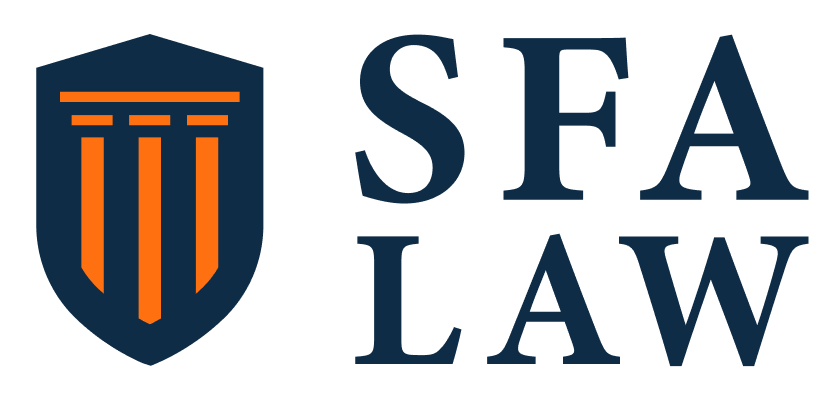Workplace discrimination is a serious issue that affects many employees in California. Discrimination in the workplace can take many forms, including unfair treatment based on race, gender, age, sexual orientation, religion, disability, or other protected characteristics. California has strong laws to protect workers from discrimination, but knowing your rights and how to take action can be critical in securing justice. At SFA LAW, we specialize in representing employees who have experienced workplace discrimination throughout California. Our experienced employment law attorneys will help guide you through the legal process and ensure that your rights are protected. What Is Workplace Discrimination in California? Workplace discrimination occurs when an employer treats an employee unfairly or unequally due to their protected characteristics. In California, the law protects workers from discrimination based on: 🔸 Race and Color: Discrimination based on race or color involves treating an employee unfairly because of their skin color, physical appearance, or cultural background.🔸 Gender and Sex: Discrimination based on gender or sex involves treating an employee unfairly due to their gender, including issues like gender pay gaps and sexual harassment.🔸 Age: The Age Discrimination in Employment Act (ADEA) and California’s Fair Employment and Housing Act (FEHA) protect employees who are 40 years or older from discrimination based on age.🔸 Disability: Employers are prohibited from discriminating against employees with disabilities, and they must provide reasonable accommodations unless doing so would cause undue hardship.🔸 Sexual Orientation: Discrimination based on sexual orientation involves treating someone unfairly due to their sexual preferences or identity.🔸 Religion: Employees cannot be discriminated against because of their religious beliefs or practices, and employers must accommodate religious practices unless it causes undue hardship.🔸 National Origin: Discrimination based on national origin occurs when an employee is treated unfairly because of their place of birth, ethnicity, or cultural background. What Are the Signs of Workplace Discrimination? Discrimination can take many forms, and it may not always be obvious. Some common signs of workplace discrimination include: 🔸 Unequal Pay: If you’re being paid less than a coworker for the same job or for doing the same work, this may be a sign of discrimination.🔸 Promotion Denials: If you are continually passed over for promotions or job opportunities in favor of less qualified individuals from a different protected class, this could indicate discrimination.🔸 Harassment: Harassment based on race, gender, sexual orientation, or other protected characteristics is a form of discrimination and may include offensive jokes, comments, or behavior.🔸 Unjustified Discipline: If you’re being disciplined more severely than others for similar behavior or actions, it may be due to discrimination.🔸 Retaliation: Retaliation for filing a complaint of discrimination or harassment, or for participating in an investigation, is illegal in California.🔸 Exclusion from Opportunities: If you’re excluded from team meetings, training programs, or other opportunities based on your race, gender, age, or other protected characteristic, it may indicate discrimination. What to Do If You Experience Workplace Discrimination in California If you believe you’ve been discriminated against in the workplace, it’s important to take the following steps: 🔸 Document the Incident: Keep a detailed record of any discriminatory incidents, including dates, times, locations, and the individuals involved. If there are any witnesses, make note of their contact information.🔸 Report the Discrimination: Report the discrimination to your supervisor, human resources, or another appropriate person within your organization. It’s important to follow your company’s reporting procedures.🔸 File a Complaint with the DFEH: The California Department of Fair Employment and Housing (DFEH) enforces California’s discrimination laws. You can file a complaint with the DFEH, which will investigate the issue and may offer mediation services.🔸 Seek Legal Advice: Consulting with an experienced California employment lawyer can help you understand your rights and options for pursuing a legal claim against your employer. How a California Employment Lawyer Can Help If you’ve experienced workplace discrimination, a skilled California employment law attorney can assist you with: 🔸 Case Evaluation: A lawyer can evaluate your case to determine whether you have grounds for a discrimination claim and advise you on the best course of action.🔸 Filing a Claim: If necessary, an attorney can help you file a formal complaint with the DFEH or the Equal Employment Opportunity Commission (EEOC), or represent you in court.🔸 Gathering Evidence: A lawyer will assist in gathering evidence to support your claim, such as witness statements, company records, and emails that show discriminatory behavior.🔸 Negotiating a Settlement: In many cases, discrimination claims are resolved through settlement negotiations. Your lawyer will work to ensure you receive a fair settlement.🔸 Representation in Court: If your case goes to court, a lawyer will represent you and fight for your rights in front of a judge and jury. What Compensation Can You Receive for Workplace Discrimination? If you win a workplace discrimination claim in California, you may be entitled to compensation for: 🔸 Back Pay: Compensation for wages lost due to discriminatory practices, such as being passed over for promotions or being demoted.🔸 Compensatory Damages: Damages for emotional distress, pain, suffering, and other intangible losses caused by discrimination.🔸 Punitive Damages: In cases of egregious misconduct, punitive damages may be awarded to punish the employer and deter similar behavior in the future.🔸 Attorney’s Fees: If you win your case, you may be able to recover attorney’s fees, making it easier to pursue a claim without worrying about legal costs.🔸 Reinstatement or Promotion: If you were unjustly terminated or passed over for a promotion, you may be entitled to reinstatement to your position or a promotion.🔸 Other Remedies: Depending on the circumstances, the court may order other remedies, such as a change in company policies or the implementation of training programs. Statute of Limitations for Workplace Discrimination Claims in California In California, you generally have one year from the date of the discriminatory act to file a complaint with the California Department of Fair Employment and Housing (DFEH). However, this deadline can vary depending on the specifics of your case, so it’s important to consult with a California employment attorney as soon as possible


